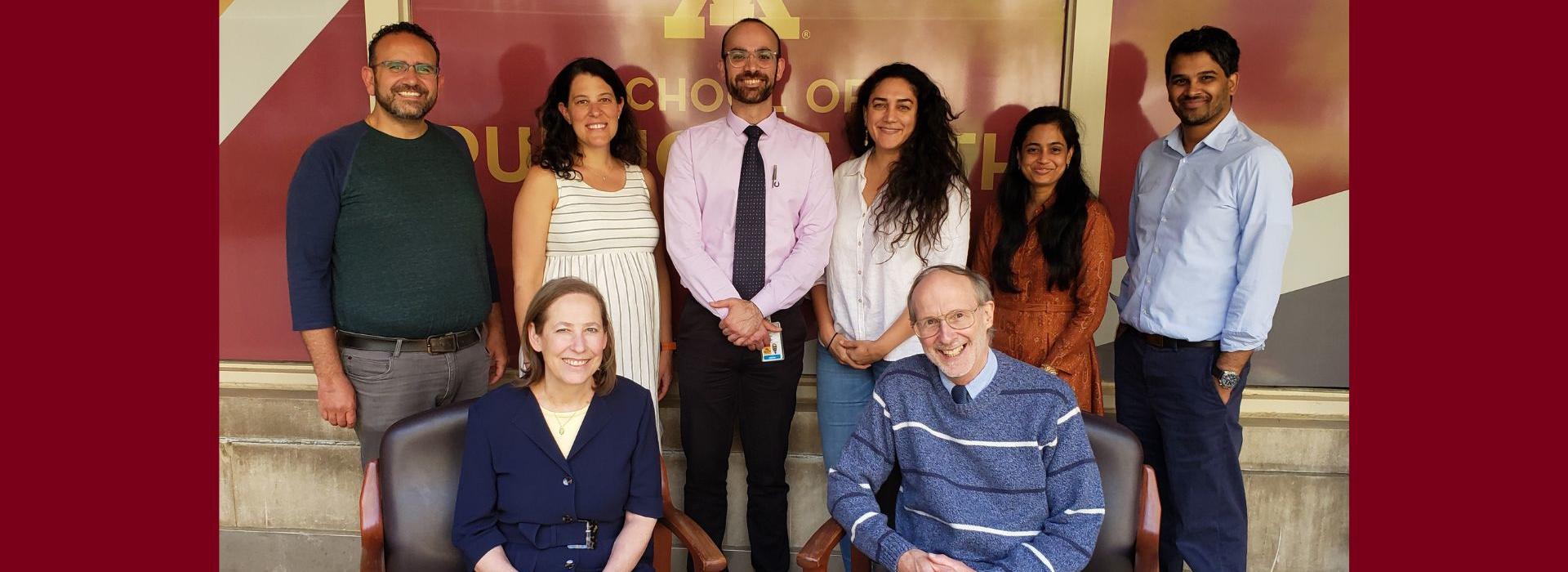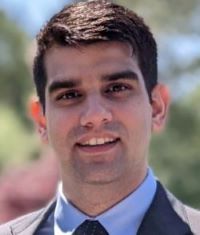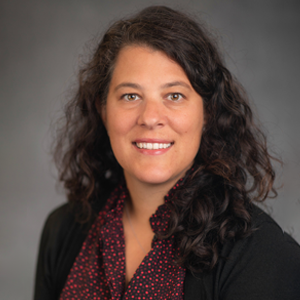
Transplant Infectious Diseases Fellowship Program
Over the past few years there has been a movement in developing Transplant Infectious Diseases (TID) focused fellowship programs. University of Minnesota (UMN) has been an academic leader in transplantation and is one of the largest programs in the country allowing for adequate exposure and an exemplary experience for a TID fellowship. Our institution performs a large variety of transplants including lung transplants which is pivotal for TID training. As TID interests grow there are increasing jobs available in the US, both in academia and in the community settings. TID fellows who complete this program will be prepared to enter a variety of clinical settings. Program leadership works closely with trainees to develop a structured program that aims to meet their clinical and research desires.

A Fellow’s Perspective
The training program offers flexible, fellow interest driven training with opportunities for mentorship in all aspects of transplant ID and immunology. As home to one of the oldest solid organ and marrow transplantation programs in the country you will have access to both robust clinical and research expertise as well as outcomes databases. The inpatient and outpatient clinical experience is enhanced by a tradition of graded autonomy carried on from the general ID fellowship and robust ancillary support which will ready you for independent practice with highly complex and challenging cases of all types. Minneapolis's diversity and refugee population will also give you a strong perspective on tropical and global infections in immunocompromised patients.
-TID Fellow, Sashi Niranjan Nair, MBBS
This program will provide additional clinical training in Transplant ID as well as the opportunity to participate in research pertaining to the immunocompromised host. The combination of clinical and research time is approximately 6 months and 6 months. Clinical time includes rotations on the solid organ transplant (SOT) and hematopoietic stem cell transplant (HSCT) ID service lines and involvement in a weekly outpatient continuity clinic.
- Program leadership works closely with the trainee to individualize clinical and research experiences that are reflective of the trainee’s interests.
- Training occurs in a collaborative and supportive environment with mentorship from the program director and the other transplant ID faculty.
- The UMN SOT program performs heart, lung, liver, kidney, and kidney-pancreas transplants. There is also exposure HSCT and patients with hematologic malignancies.
- Interested fellows can also participate in our ventricular assist device (VAD) clinic.
- There is an option for up to 4 weeks of elective rotations with other transplant service lines (e.g. transplant pulmonology, bone marrow transplant).
Applications for the 2025 – 2026 academic year are currently being accepted. Applications requirements include:
- Completed 2 years of an ACGME accredited general ID fellowship
- One-page personal statement
- 2 - 3 letters of recommendation (LOR) including one from the ID fellowship program director
- Curriculum vitae
- ECFMG certificate with scores for USMLE 1, 2, and 3
- Board eligible or certified in infectious diseases
- Must obtain MN medical license
- J1 or HB1 visa holders are eligible (additional documentation will be required)
For more information or to apply, please send application materials to both:
Lauren M. Fontana, D.O., TID Fellowship Program Director: fonta125@umn.edu
Amy Strohman, TID Fellowship Program Coordinator: id-ed@umn.edu

Program Director
Lauren Fontana, DO
Assistant Professor of Medicine